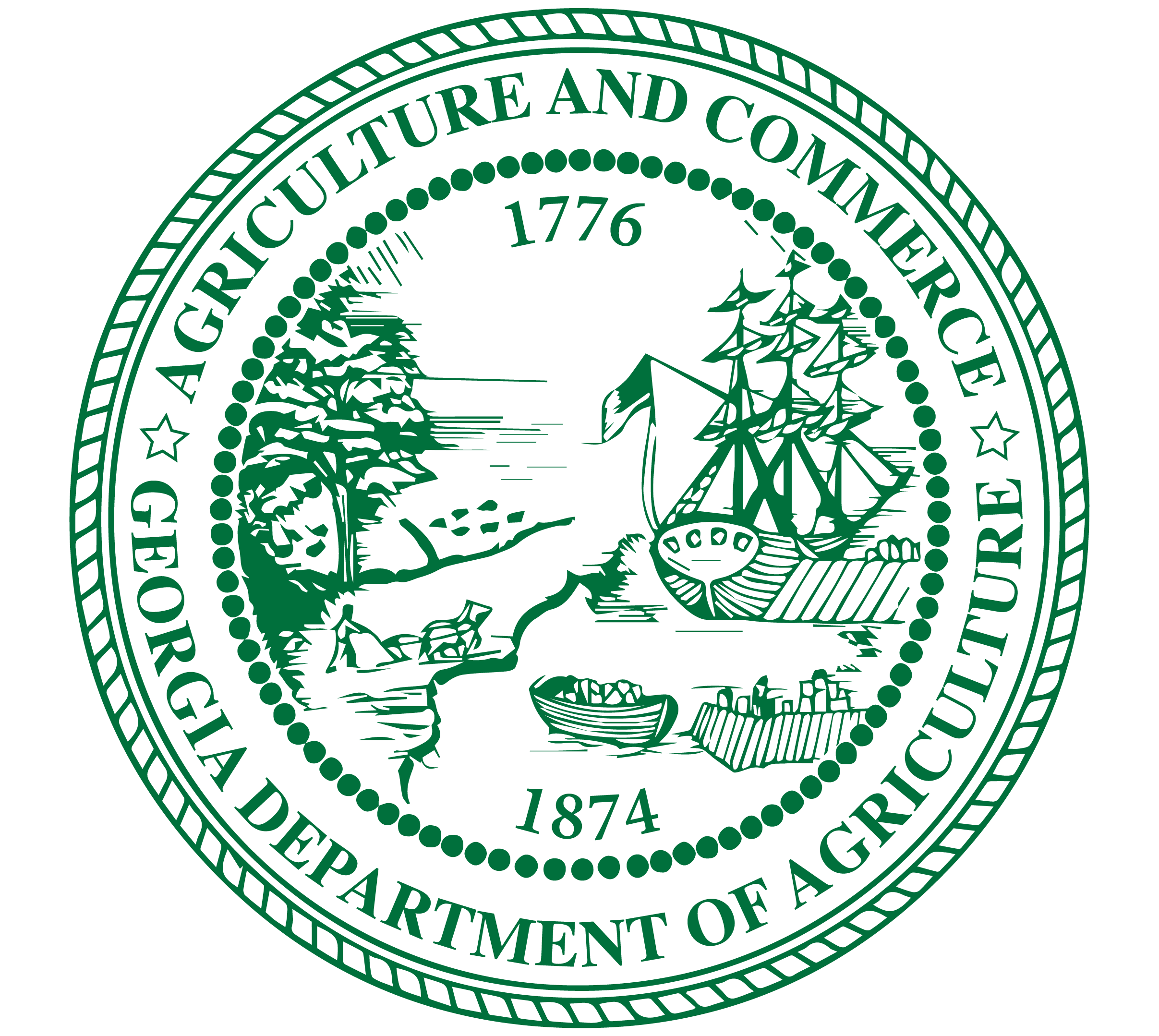In retail food facilities, at least one employee with supervisory responsibilities must be a Certified Food Protection Manager (CFPM).
What Is a Certified Food Protection Manager (CFPM)?
The Certified Food Protection Manager is required in 40-7-1-.03(3) of the Department's Retail Food Sales Regulations, which states:
(a) At least one EMPLOYEE that has supervisory and management responsibility and the authority to direct and control FOOD preparation and service shall be a certified FOOD protection manager who has shown proficiency of required information through passing a test that is part of an ACCREDITED PROGRAM.
(b) This section does not apply to certain types of FOOD ESTABLISHMENTS deemed by the DEPARTMENT to pose minimal risk of causing, or contributing to, foodborne illness based on the nature of the operation and extent of FOOD preparation.
In order to be considered a CFPM, the employee with supervisory duties must pass a test accredited by the American National Standards Institute (ANSI).
For a list of the currently available programs that will satisfy the CFPM requirement, please visit ANSI
Why Is the CFPM Required?
FDA's Model Food Code requires each firm to have a CFPM. The Food Code Annex 3 contains FDA's rationale on why a CFPM should be required:
Food protection managers have an important role in formulating policies, verifying food employees carry out these policies, and communicating with these same employees to give information about recommended practices to reduce the risk of foodborne illness. A Centers for Disease Control and Prevention Environmental Health Specialist-Network (EHS-Net) study suggests that the presence of a certified food protection manager reduces the risk for a foodborne outbreak for an establishment and was a distinguishing factor between restaurants that experienced a foodborne illness outbreak and those that had not.
FDA's Retail Food Risk Factor Studies suggest that the presence of a certified manager has a positive correlation with more effective control of certain risk factors, such as poor personal hygiene, in different facility types.
In addition to the FDA rationale, the Department is enrolled in the Voluntary National Retail Food Regulatory Program Standards. The Retail Food Program Standards provide a foundation and system for regulatory programs to improve and build upon existing programs through a continuous improvement process. The Program Standards are intended to reinforce proper sanitation (good retail practices) and operational and environmental prerequisite programs while encouraging regulatory agencies and industry to focus on the factors that cause and contribute to foodborne illness, with the ultimate goal of reducing the occurrence of those factors.
Who Needs a CFPM?
Firms with minimal risk will not be required to have a CFPM. They will still have to demonstrate knowledge of regulation requirements to our inspectors when violative conditions have been found.
Firms that have Time/Temperature Control for Safety Food (TCS Food) and perform specific handling activities, will have to comply with the CFPM requirement.
The CFPM DOES NOT need to be present at all times. A Person in Charge shall be present during all hours of operation, as required by 40-7-1-.03(1). The Person in Charge shall be the license holder, or his/her designee; and DOES NOT have to be a CFPM.
No CFPM Necessary
CFPM Required
- Pre-packaged Dry Goods
- Pre-packaged Refrigerated/Frozen Foods
(Prepared in a licensed/inspected Processing Plant)
- Coffee Urns
- Cappuccino Machines
- Soda Fountains
- Slushee/Icee Type Machines
- Bulk, Self-Service Pastries
- Bagging Ice On-site
- Hot Holding Food
- Time as a Public Health Control
- Cold Holding (Foods Prepared On-site)
- Cooking Food
- Cooling Food
- Reheating Food
- Thawing Food
- Repacking Food
Activity
Regulation Requirements
Examples
Hot Holding Food
Food held at a minimum of 135oF
- Pizza
- Fried chicken
- Chicken wings
Time as a Public Health Control
Foods held in the temperature danger zone (between 41oF and 134oF), which must be discarded within 4 hours. Time stamp or temperature log required.
- Hot dog rotisserie
- Biscuits held on a sales counter
- Boiled Peanuts
Cold Holding
Foods held at or below 41oF
- Cut fruits
- Tuna salad
- Sliced tomatoes
Cooking Foods
Raw animal foods cooked to 145oF, 155oF, or 165oF.
See 40-7-1-.11(1) - (2) for product specific temperature requirements.
- Chicken wings
- Hamburger patties
- Fish fillets
Cooling Foods
Cooled from 135oF to 70oF within 2 hours, and from 135oF to 41oF or less within a total of 6 hours.
- Rotisserie chicken
- Barbeque ribs
- Refried beans
Reheating Foods
Food from processing plants reheated to 135oF before service.
Food cooked onsite, reheated to 165oF before service.
- Biscuits reheated for hot holding
- Canned vegetables
- Hot dogs for roller grills
Thawing Foods
Held under refrigeration at 41oF or less, or submerged under running water at 70oF or less, or thawed in a microwave immediately before cooking.
- Frozen chicken wings
- IQF shrimp
- IQF fish fillets
Packaging Food
Numerous regulations involved. Packaging should be done on clean equipment, using clean utensils, and done in a manner that prevents contamination or adulteration of the food.
- Repacking spices from bulk
- Clamshell containers of cut fruit
- Wrapping individual slices of cake


